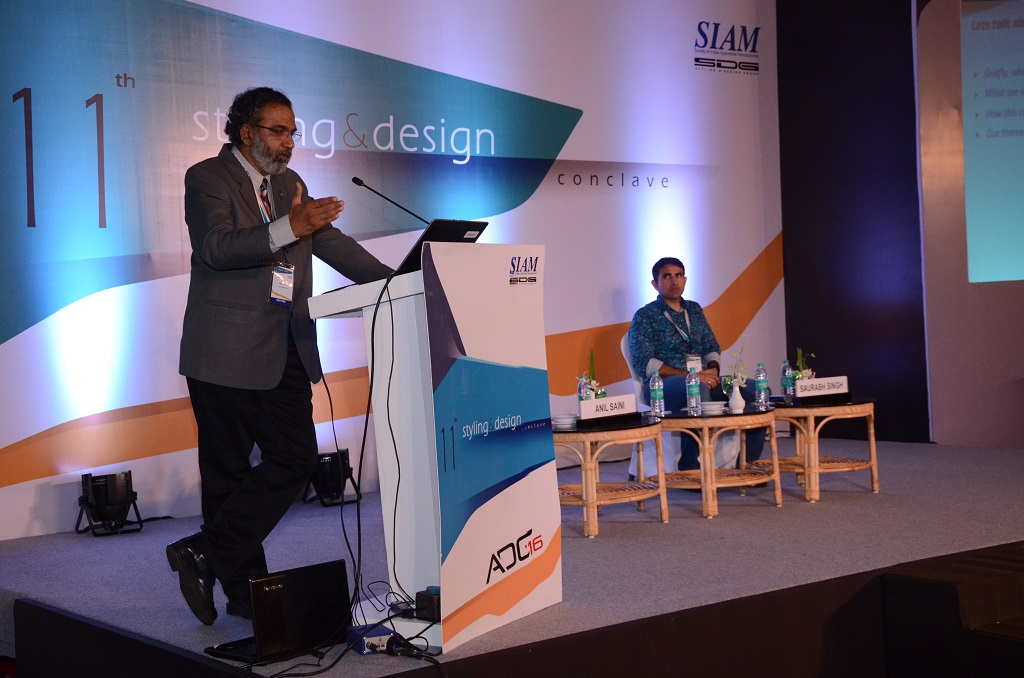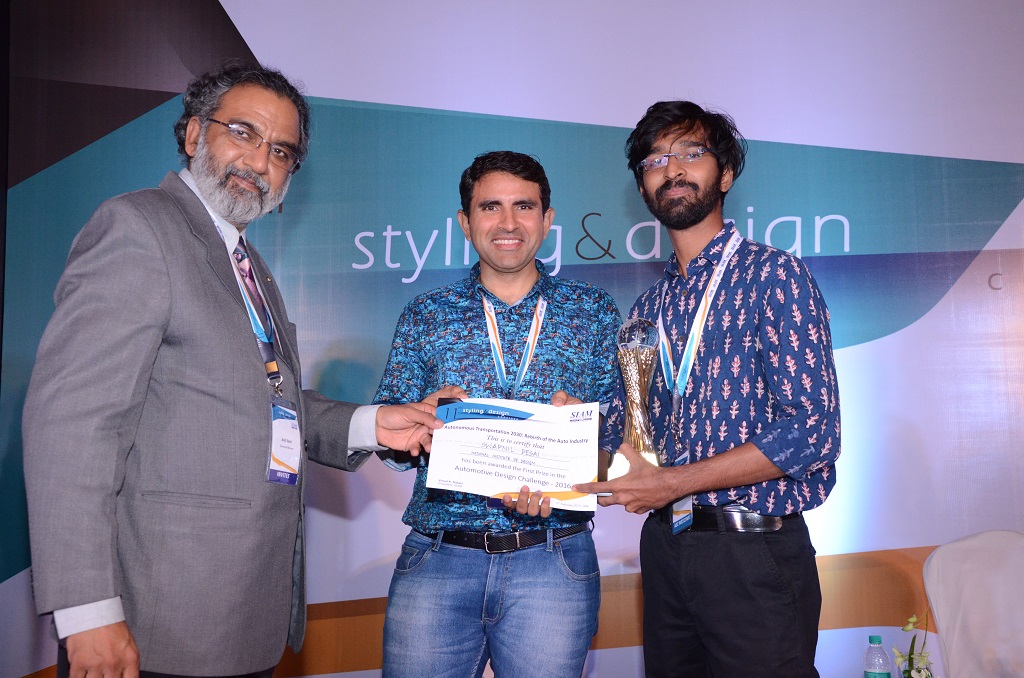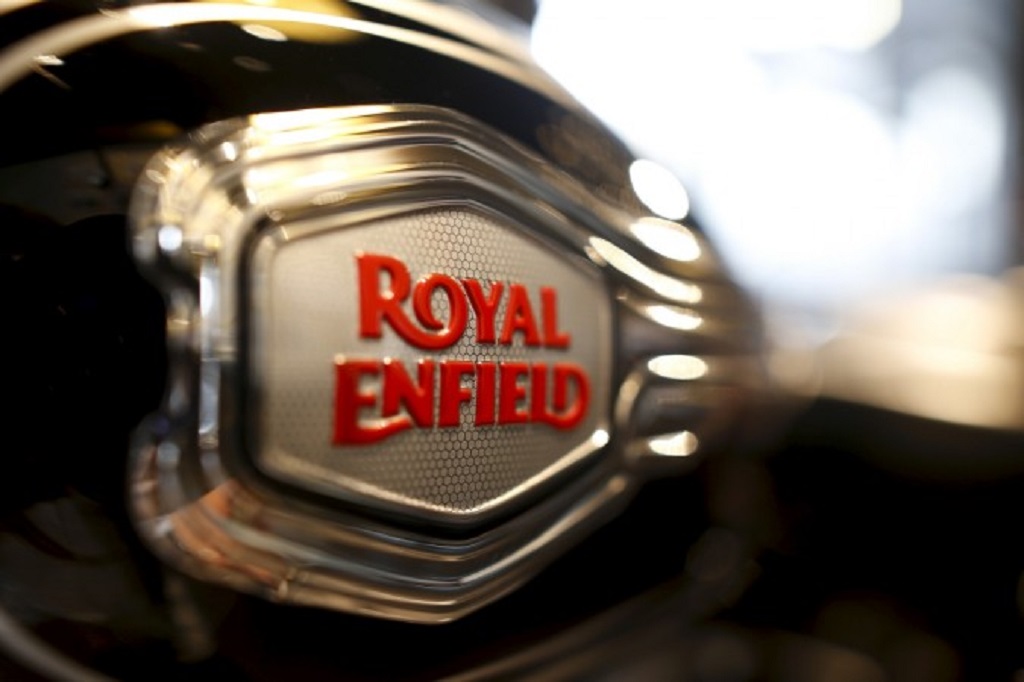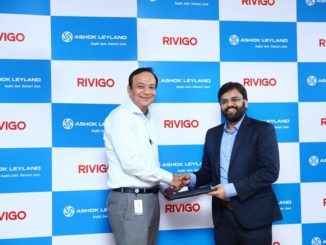 Goa, 19th February, 2017: Society of Indian Automobile Manufacturers (SIAM) organised its 11th Styling and Design conclave and also concluded the 9th Automotive Design Challenge (ADC) here today at Radisson Blu Resort, Cavelossim Beach, Goa. The theme for the event was ‘Design for A tech enabled tomorrow’.
Goa, 19th February, 2017: Society of Indian Automobile Manufacturers (SIAM) organised its 11th Styling and Design conclave and also concluded the 9th Automotive Design Challenge (ADC) here today at Radisson Blu Resort, Cavelossim Beach, Goa. The theme for the event was ‘Design for A tech enabled tomorrow’.
Styling & Design Conclave served as a unique platform for exchange of ideas between automotive companies, designers and other stakeholders. The event saw participation from over 100 delegates from varied backgrounds.
Mr Anil Saini, Chairman, SIAM Styling & Design group welcomed all the guests at the event. He highlighted the need for design technology to revolutionize the automobile industry. He also made a short presentation on the evolution of vehicles with various alternative technologies and emphasized on the need to use design to take the automobile industry to the next level in India.
Mr Saurabh Singh, Co-Chair, SIAM Styling & Design also echoed the sentiments of Mr Saini and emphasized on the need to create a platform to enhance the automobile sector with the use of designs.
Mr Matthew Swann, Tata Motors, UK Studio, Mr Jung Choi, DSKISD, Pune and Mr Ajay Saran Sharma, Tata Motors had a discussion on ‘The Design, Technology & Mobility Triumvirate’. The discussion was moderated by Mr Amit Rajwade, TVS Motor Company.
Speaking during the event, Mr Jung Choi, DSKISD Pune, said, “There is a need to maintain a balance between design, technology and mobility. It is important that one from the triumvirate doesn’t overpower the other. Today’s generation fully embraces technology however design and mobility are equally important.”
Mr Ajay Saran Sharma, Tata Motors spoke on the design stories of Tata Motors and the recent mobility stars of the company.
The second panel discussion was titled ‘The richness of diverse design thinking’. Mr Sathyaseelan G, Ashok Leyland moderated the session. Mr Mark Wells, Royal Enfield, UK Studio, Dr. Soumitri Vardarajan, RMIT University, Melbourne and Mr Gautam Sen, Vice President, FIVA were the panellists for the session.
Commenting during the session, Mr Mark Wells, Royal Enfield, UK Studio, said, “It is important to understand diversity of the market. If we understand that then we can create products that will be appealing globally. Diverse cultural understanding is important to create value going forward. Perception and perspective is critical for designing for a multicultural market. Trends travel really quickly. Local trend becomes a global trend. Royal Enfield is present in 60 markets across the globe and we are still trying to understand more markets to expand globally.”
Mr Gautam Sen, Vice President, FIVA, said, “The evolution of cars based on the cultural diversity across the world. The designs in the automobile industry have lost its cultural diversification due to globalization. Design is become generic as automobile manufacturers are catering to a global market. In future interiors will be more important than the exteriors. Designers will be focusing more on the interiors of the car. Diversity will be in terms of styles, designs and concepts in the future rather than cultural.”
The third session was on Connectivity – Reconvergance across domains. Mr Nilay Dembi, Mahindra & Mahindra moderated the session. Mr Sandeep Bhambra, PSA Peugeot, Ms Sujata E, Tata Elxsi and Mr Ravindra Shet, Samsung R&D were the panellists for the discussion.
During the session, Mr Sandeep Bhambra, PSA Peugeot, said, “Connectivity is helping designers and is also easy to connect with people via social media and understand their needs. Trend patterns help designers create concepts that are appealing to a global audience.”
Ms Sujata spoke on how technology is transforming vehicle experience. Technology enables to enhance the overall experience of the customer. Connectivity helps you stay connected with the world with the help of internet.
Mr Ravindra Shet spoke on the need to provide smart and intelligent services to the consumer with the help of technology. Technology is available in the market and automobile manufacturers need to make the best use of it to enhance the overall experience of the customer.
The conclave concluded with the awards function. Mr Dhimant Panchal, MIT Institute of Design, Pune spoke on the Clay Modelling Programme. He added, “SIAM has funded us to start a skill up gradation programme. MITID has developed Clay Modelling programmes in close collaboration with SIAM. We are offering full time skill development program on automotive clay sculpting & modelling at its campus in Pune.”
Automotive clay sculpting helps translate a designer’s vision into a tangible reality. Clay modelling is still commonly used by OEMS in automotive and product design industry. This year admissions have jumped to 40 plus with students applying from outside India for the programme.
MITID in collaboration with SIAM offers two certificate program in Automotive Clay Sculpting (8 months) and Diploma in Automotive Clay Sculpting (2 years).
SIAM group also organized a competition for design students in the country called the Automotive Design Challenge (ADC). Theme for the competition was ‘Autonomous Transportation 2030: Rebirth of the Auto Industry’. This is an annual competition organised by the SIAM group in two rounds, in the first round around 100 design students, from several colleges, submitted their entries, followed by a Jury. The final round of the ADC was held on the day of the conclave, where the top 10 students displayed 3D models of their entries. After another round of evaluation by a Jury, comprising of senior design and automobile professionals, three students were finally awarded:
- Winner – Swapnil Desai, National institute of Design
- 1st runner up- Freny Antony, National institute of Design
- 2nd runner up- Anand E S National institute of Design
Mr Saurabh Singh, Co-Chair, SIAM styling & design proposed the vote of thanks.
Followed by the day long conclave, SIAM Styling & Design group organised a half day workshop “Confluence – Design Thinking and Skills coming together’’ on 18th February 2017.
The first workshop session was conducted by Dr Soumitri Vardarajan, Deputy Dean RMIT University, Melbourne. This session enabled designer participants to free up their conceptual approaches and re-examine their participation in culture.
The second session featured a live demonstration by Mr Matthew Swann and Ms Mathilde Ampe from Tata Motors Design (UK Studio). The objective was to show how Tata Motors is able to very quickly proceed from sketch conceptualisation to 3D polygonal data, via speed-oriented Photoshop techniques and the use of Blender software.
About SIAM
The Society of Indian Automobile Manufacturers (SIAM) is a not-for-profit apex national body representing all major vehicle and vehicular engine manufacturers in India. SIAM works towards supporting sustainable development of the Indian Automobile Industry with the vision that India emerges as the destination of choice in the world for design and manufacture of automobiles. It also works towards facilitating enhancement of the competitiveness of the Indian Automobile Industry, reducing cost of vehicles, increasing productivity and achieving global standards of quality.



